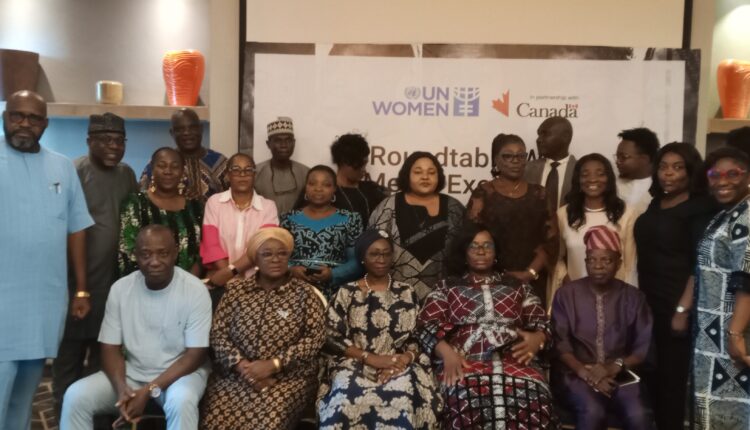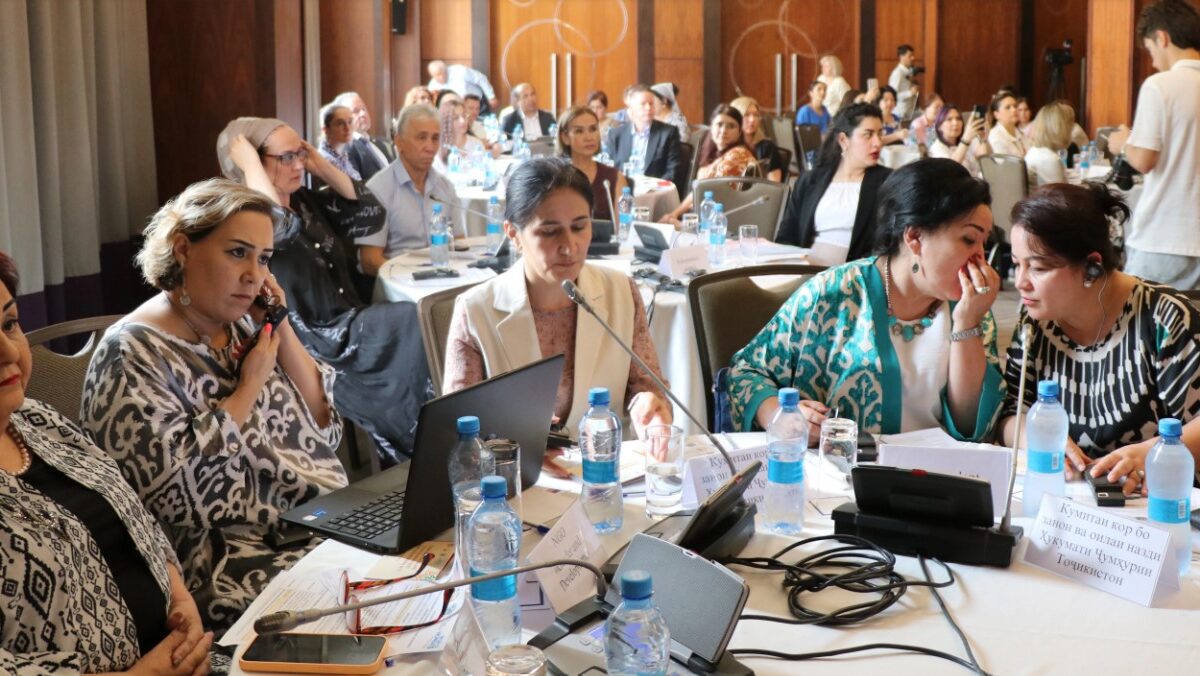UN asks Nigerian female lawmakers to prioritise gender-responsive bills
- Gender
- No Comment
- 284

The United Nations Women has called on Nigerian female lawmakers to prioritise gender-responsive legislation.
Beatrice Eyong, UN Women representative in Nigeria, spoke in Lagos on Wednesday during a workshop on ‘Advancing gender responsive legislation through the establishment of women caucus in the national assembly”.
The workshop was organised by the National Institute for Legislative and Democratic Studies (NILDS) in partnership with UN Women.
Eyong said Nigerian female parliamentarians need to do more advocacy and support women’s representation in governance.
“There is no longer any excuse to say, where are the women? Nigeria is a reservoir of very intelligent, competent, result-oriented women on the face of the planet,” she said.
“The Nigerian women parliamentarians have a bigger responsibility to support the leadership of this parliament that has demonstrated dedication, commitment, and passion.
“You need to do more, coordinate your efforts, build cross-party networks, reach out, and mobilise your constituents.
“Collaborate with women’s movements and win the support of more male gender champions in parliament so we may create a national momentum.”
Abubakar Sulaiman, director-general of NILDS, said the partnership with UN Women was to support the creation of a broad-based, multi-party women’s caucus in the national assembly.
Suleiman said the women’s team would serve as a platform for solidarity among female parliamentarians in Nigeria.
“It is also hoped that this will translate to the creation of a broad-based, multi-party women’s caucus in the national assembly as a platform of solidarity and organisation among women parliamentarians in Nigeria,” Sulaiman said.
“This will create a sense of unity of purpose amongst female parliamentarians, irrespective of party affiliations, for the purpose of promoting gender inclusion.
“There is the need to draw from African comparative experiences to expose female parliamentarians to the lessons from successful cases of established women caucuses through experience sharing.
“There is also the need to draw commitment and support from male gender champions (He4shes) in a bid to achieve gender equity through their support for gender-responsive legislations.”
Dignitaries at the event include Ibijoke Sanwo-Olu, first lady of Lagos, and lawmakers from state and national assemblies.




